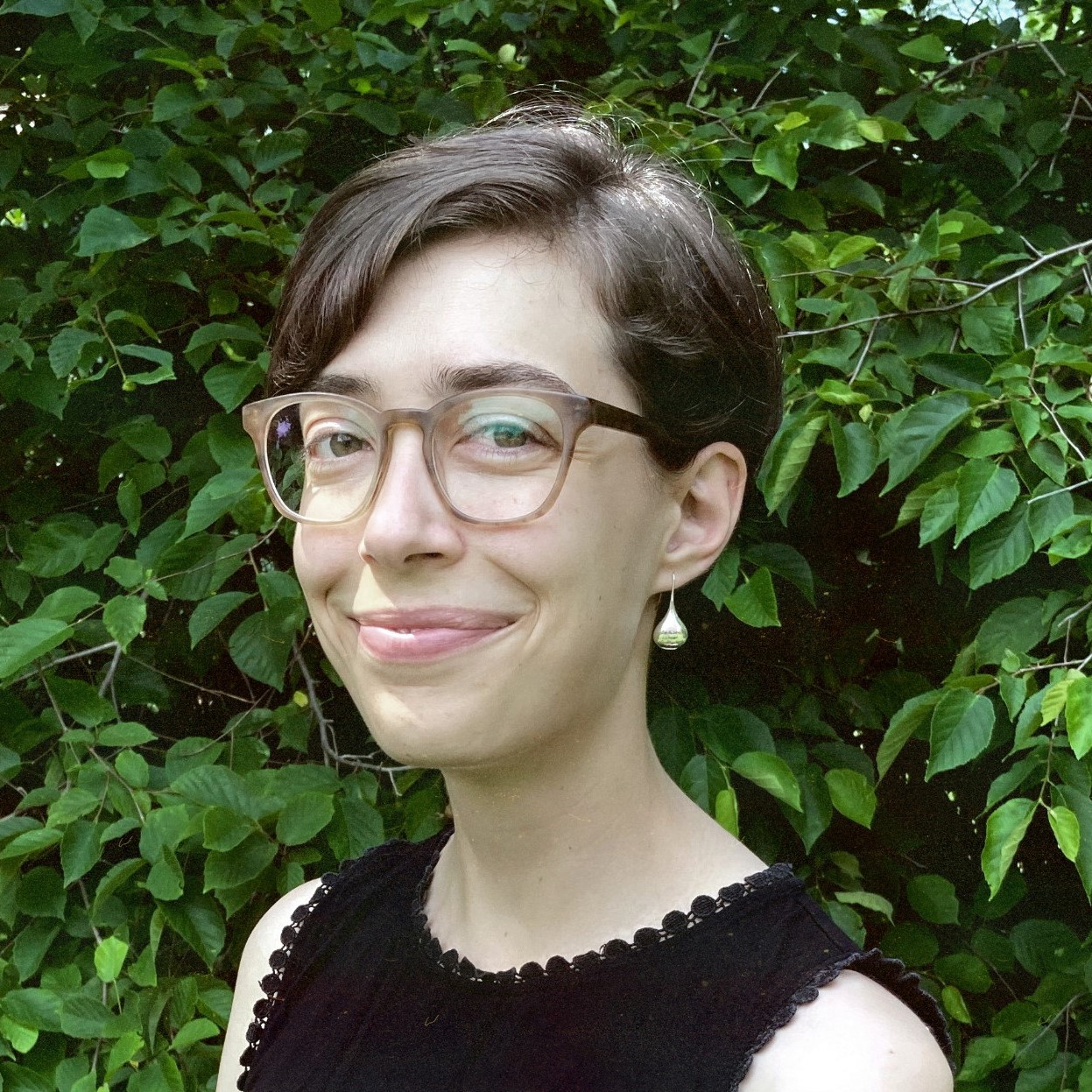Ongoing Projects
Green Space Equity & Impacts
My main research area examines the distribution of urban green space and resulting socio-ecological impacts. Projects and recent publications from this research include:
- Examining the unequal distribution of park and tree canopy area and connectivity in ten U.S. cities. We found that green space inequality goes beyond the total amount of green space. Across the ten cities, White, wealthy, and highly educated neighborhoods had more connected green space.1
- Utilizing cell phone mobility data to examine local park access and the drivers behind park visitation. We found that, all else equal, wealthier communities visit local parks more frequently but the presence of water in a park increased local visits significantly for all nearby residents.2
- A NSF-funded interdisciplinary project investigating the impact of public spaces on cognition, emotion, and well-being for urban residents of a variety of socio-economic and racial backgrounds.3,4,5 If you would like to be involved with this project as a community partner or research participant, please fill out this form.
Articles:
- Stuhlmacher, M. and Kim, Y. (2024). “The unequal connectivity of urban green space: A spatial analysis of park and tree canopy distribution in 10 US cities”. Urban Forestry and Urban Greening. https://doi.org/10.1016/j.ufug.2024.128332
- Nelson, J., Won, Y., Kim, J., Stuhlmacher, M., and Kim, Y. (2024). “Is the grass greener or water bluer? Drivers of local park visitation patterns in Phoenix, Arizona”. Urban Forestry and Urban Greening. https://doi.org/10.1016/j.ufug.2024.128325
External Grants:
- NSF, Strengthening American Infrastructure (2023-2026). PI: Kimberly Quinn, co-PIs: Sophie Trawalter, Kim Meidenbauer, Michelle Stuhlmacher, and Leidy Klotz. Grant Number: 2324642, Title: "SAI: Healthy and Equitable Public Spaces", Award: $750,000.
Media Coverage:
- "How do pubic spaces make you feel? DePaul University measuring equity by tracking how people respond to urban design", Chicago Tribune, Dec 8, 2023.
- "Mapping Emotions: Researchers to Track Psychology, Equity of Public Spaces", Newsline, Nov 13, 2023.
Green Gentrification
My research on green gentrification complements the urban green space equity research described above because an understanding of green gentrification is vital to improving green space equity in cities without displacement. Projects and recent publications in this space include:
- A multi-institutional collaboration that quantitatively and qualitatively examines the “green gentrification cycle” (the hypothesis that gentrification may both precede and follow greening). This team has recently published an article that utilizes hedonic models to examine how housing costs changed before and after new parks opened in Chicago and Los Angeles.1
- Examinations of greening and gentrification pathways in Chicago.2 In recent research, we examine where and under what conditions green investments do (and do not) led to gentrification. We found that a large new park alone was not linked to gentrification, but it was when located in areas with nearby gentrification and lacking both preexisting green space and government-assisted public housing. Additionally, a large new park in areas that already had adequate green space per resident did not spur gentrification, even if the area had a lower level of public housing.3
Articles:
- Rigolon, A., Collins, T., Kim, J., Stuhlmacher, M., and Christensen, J., (2024). “Does gentrification precede and follow greening? Evidence about the green gentrification cycle in Los Angeles and Chicago”. Landscape and Urban Planning. https://doi.org/10.1016/j.landurbplan.2024.105095
- Stuhlmacher, M., Kim, Y. and Kim, J.E. (2022) “The Role of Green Space in Chicago’s Gentrification.” Urban Forestry & Urban Greening 71. https://doi.org/10.1016/j.ufug.2022.127569
- Kim, J., Kim, Y., and Stuhlmacher, M., (2024). “The Green Space Dilemma: Pathways to Greening with and without Gentrification”. Journal of Urban Affairs. https://doi.org/10.1080/07352166.2024.2326489
Community-Engaged Environmental Justice & Data Access
This project aims to put environmental data from satellites in the hands of communities experiencing environmental injustice.1 In collaboration with the Health Regions and Policy Lab at UIUC and our community partners we have launched (ChiVes), an interactive data visualization dashboard and worked with our community partners to 1) identify data to include, 2) improve dashboard usability, and 3) train the community on how to use the tool. Since launch, ChiVes has had 6,442 unique visits, we’ve tabled at three community events, and have held six workshops and focus groups. The grant closes in September 2024, but along the way we have been sharing results and lessons learned in publications and presentations.2,3,4
External Grants:
- NASA, Equity and Environmental Justice (2022-2024). PI: Michelle Stuhlmacher, co-Is: Winifred Curran and Marynia Kolak. Grant Number: 80NSSC22K1676, Title: "Designing for Just Green Enough: A Data Integration Tool for Informing Community Green Space Planning", Award: $250,000.
Articles:
- Curran, W., Stuhlmacher, M., and Anderson, E. (2023). “Getting to Just Green Enough”. Landscape Architecture Plus (LA+): Interdisciplinary Journal of Landscape Architecture. https://laplusjournal.com/18-BEAUTY.
Presentations:
- Stuhlmacher, M., Impellizeri, C., Williams, D., Alavez, J., Curran, W., and Kolak, M. “Designing for Just Green Enough: A Data Dashboard for Community Green Space Planning”. American Association of Geographers, Honolulu, HI. April 16th, 2024.
- Williams, D., Curran, W., Stuhlmacher, M., Alavez, J., Kolak, M. and Impellizeri, C. "Data is great, but... Co-producing knowledge for environmental justice", American Association of Geographers, Honolulu, HI. April 18th, 2024.
Media Coverage:
- "DePaul Researchers Creating Chicago Neighborhood Database of Environmental Disparities", Newsline, Sep 16, 2022.
- "Research team seeks to expand access to environmental data in Chicago: NASA grant provides funding for research, expansion of ChiVes database", The DePaulia, April 24, 2023.
